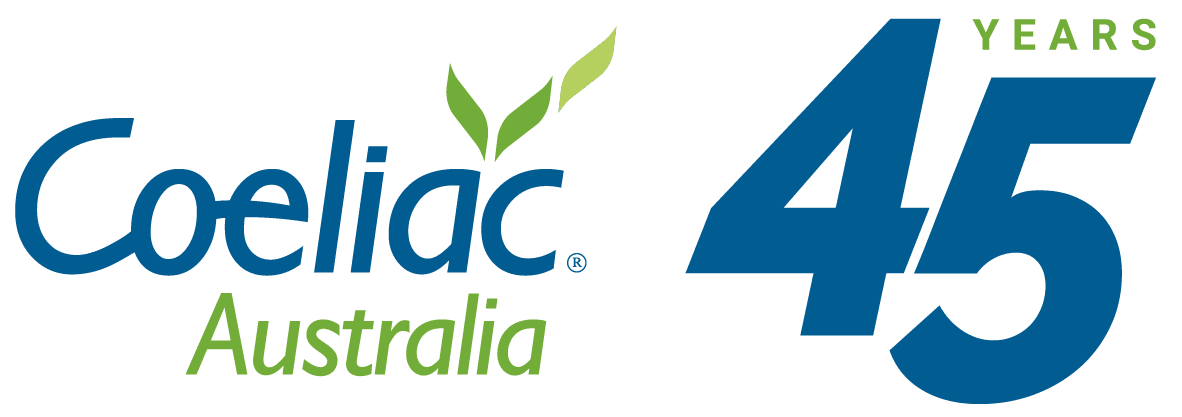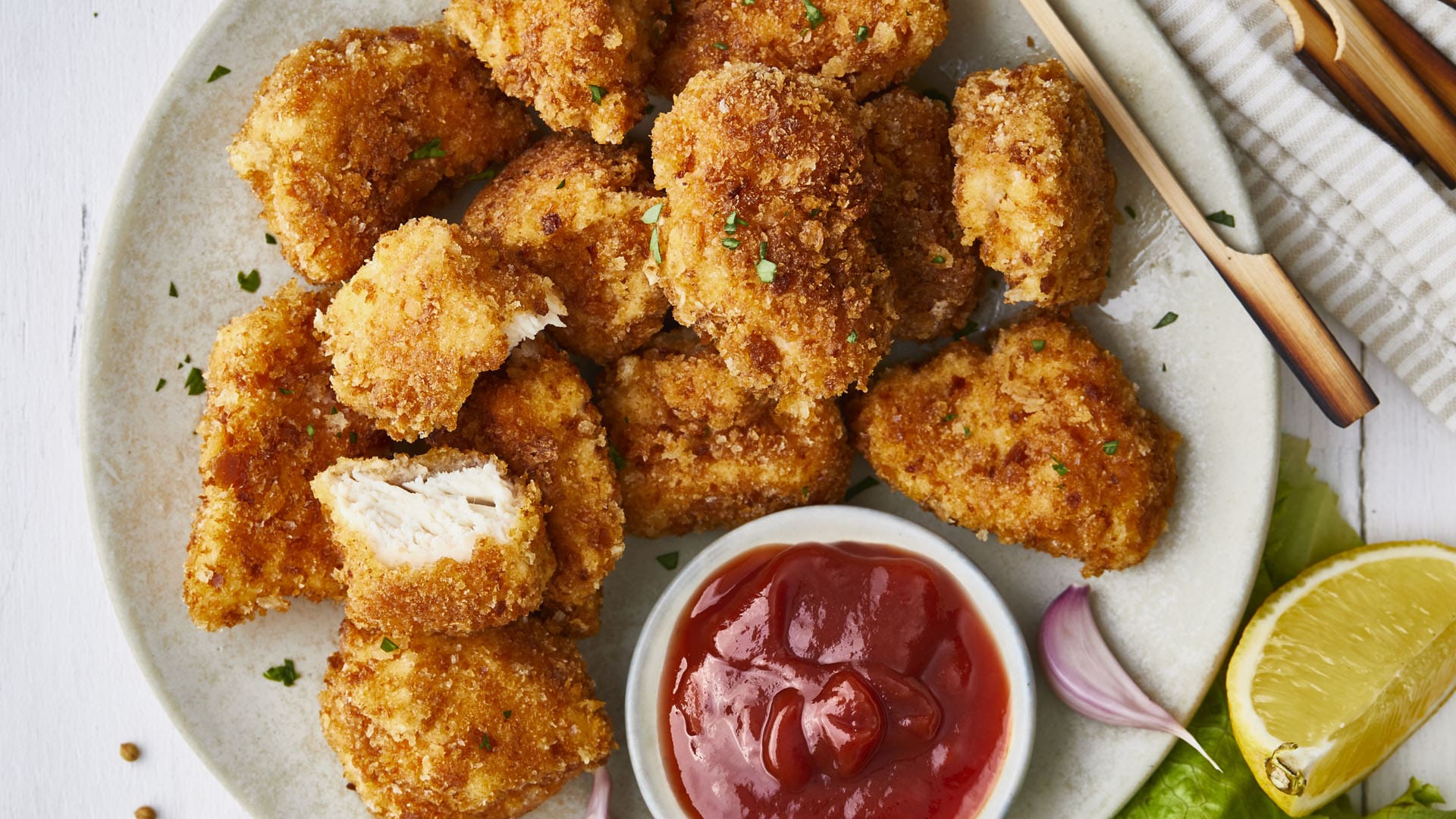Coeliac Australia has announced an investment of over $600,000 in vital coeliac disease research over the next two years – its largest-ever contribution to research.
The funding will support five projects by leading Australian researchers working towards breakthroughs in coeliac disease diagnosis, management and care.
The groundbreaking projects include trials of a blood test that could revolutionise coeliac disease diagnosis, an investigation into a screening test to improve the recognition of coeliac disease in children and studies into a parasite that could ease coeliac disease symptoms.
All five projects have the potential for widespread, life-changing impact. With one in 70 Australians affected by coeliac disease and its increasing worldwide prevalence, better knowledge of this autoimmune condition is urgently needed.
“Supporting coeliac disease research is a core activity for Coeliac Australia, and we are committed to empowering discoveries to improve the lives of the hundreds of thousands of Australians affected by coeliac disease. We’re excited that these projects offer potential solutions to some of the most persistent concerns for people with coeliac disease,” says Coeliac Australia CEO Michelle Laforest.
The projects at a glance:
Towards a diagnosis revolution
This study is working towards a simple blood test to replace the invasive and difficult existing coeliac disease diagnosis process. An easier test could help the four in five Australians with undiagnosed coeliac disease confirm their condition and access life-changing care.
Investigators: Assoc. Prof Jason Tye-Din (Walter and Eliza Hall Institute of Medical Research (WEHI)) and Dr Robert Anderson.
The hidden enemy on your spoon
This research investigates the existence of gluten ‘mimics’ – can supposedly gluten free grains impact the health of people with coeliac disease?
This work could help people with coeliac disease suffering persistent symptoms or intestinal damage despite following a strict gluten free diet.
Investigators: Prof Michelle Colgrave (Edith Cowan Uni (ECU)), Dr Angéla Juhász (ECU), Assoc. Prof Jason Tye-Din (WEHI)
The therapeutic power of a parasite
Researchers are examining whether hookworms, a gut parasite, may improve gluten tolerance in people with coeliac disease.
Senior gastroenterologist at The Prince Charles Hospital Dr Tony Rahman says: “This research may have profound implications for the health and lifestyle flexibility of people with coeliac disease, who normally have to adhere to a strict gluten-free diet.”
Investigators: Dr Paul Giacomin (James Cook Uni (JCU)), Dr John Croese (Prince Charles Hospital (PCH)), Assoc. Prof Graham Radford-Smith (Royal Brisbane and Women’s Hospital), Professor Nathan Subramanian (Queensland University of Technology), Professor Tony Rahman (PCH), Distinguished Professor Alex Loukas (JCU).
Saving lives with spleen research
Coeliac disease can affect the function of the spleen, an important organ that helps the body fight off disease. A poorly functioning spleen (‘hyposplenism’) increases susceptibility to life-threatening pneumonia and sepsis. This study will explore how frequently hyposplenism occurs in people with coeliac disease, and develop urgently needed guidelines for screening and care.
Investigators: Assoc. Prof Jason A. Tye-Din (WEHI), Dr Vanessa Bryant (WEHI) and Assoc Prof Paul Licciardi (Murdoch Children’s Research Institute)
Children’s teeth: a coeliac disease game changer
Dental enamel defects in children are a frequent indicator of undiagnosed coeliac disease. Exploring this connection could lead to a new, accurate and on-the-spot screening programme for coeliac disease that could be applied at dental clinics nationwide.
This breakthrough would increase and accelerate diagnosis, directly benefitting the four in five Australians with undiagnosed coeliac disease.
Investigators: Associate Professor James M Daveson (Wesley Medical Research) and Dr Daniel Ford (St Andrew’s War Memorial Hospital)
The research grants for the five projects are sourced from years of donations, bequests and gifts, many in response to Coeliac Australia’s Annual Research Funding Appeals. The projects were chosen from numerous strong contenders for their potential positive impact on people with coeliac disease.
Says Michelle Laforest: “We appreciate the support of researchers who participated in this round of funding. The calibre of applications received was excellent. Most importantly, we are deeply grateful for the generosity of our donors. Their contributions are creating a better tomorrow for everyone with coeliac disease.”
“Our donors are our lifeblood. Thanks to their continued support over Coeliac Australia’s 40 years, we have been able to significantly advance the understanding of this disease through world-leading research, while also continuing to support, inform and advocate for those living with coeliac disease. “
Assoc. Prof Jason Tye-Din, the chairperson of Coeliac Australia’s Medical Advisory Committee, says: “Research is the basis for improving medical practice and the lives of people with coeliac disease, but support for coeliac research is limited. The funding from Coeliac Australia enables these potentially life-changing studies to proceed, which is why it is so important and why, as researchers, we are enormously grateful for this generosity and support.”
Find out more: https://coeliac.org.au/research/project-updates/






